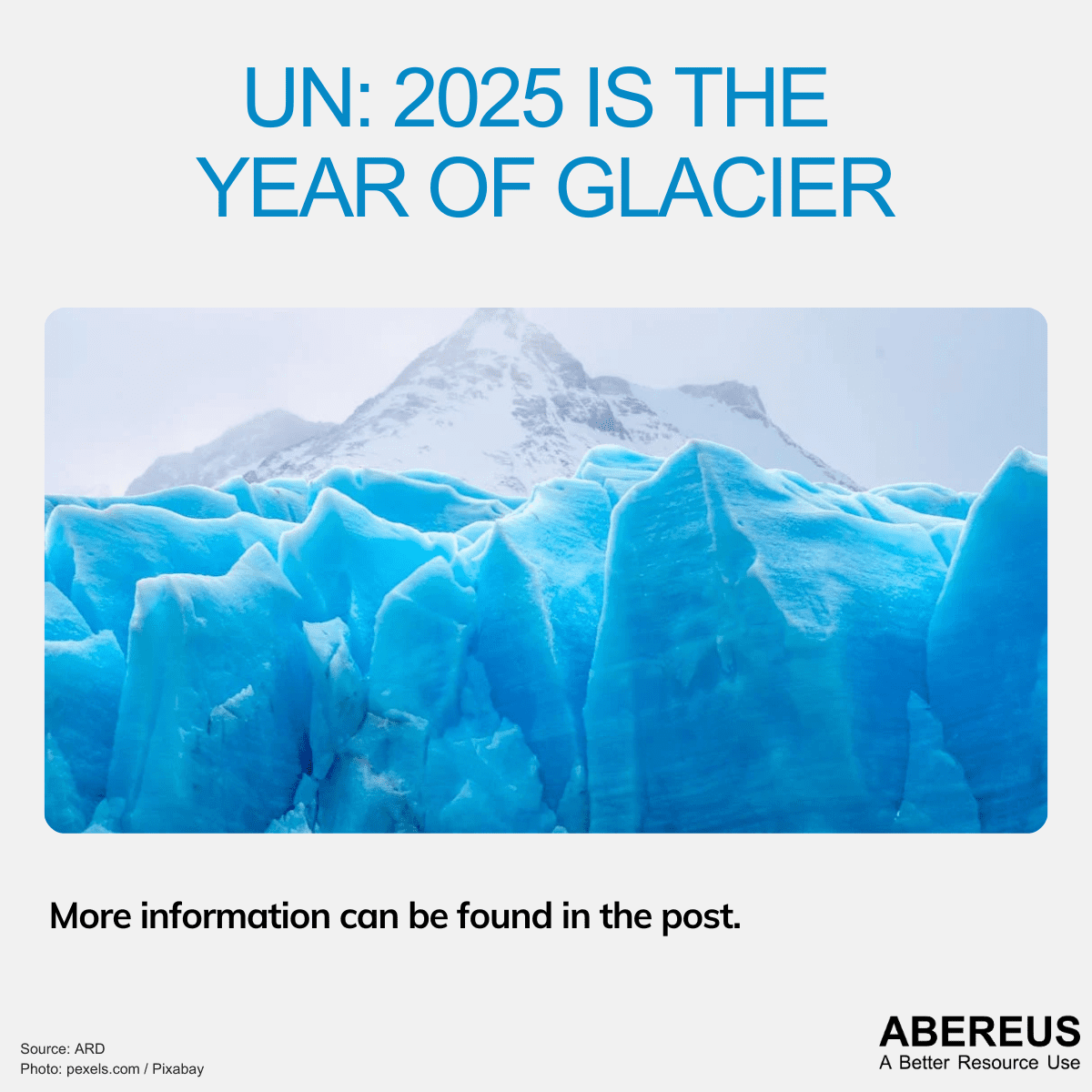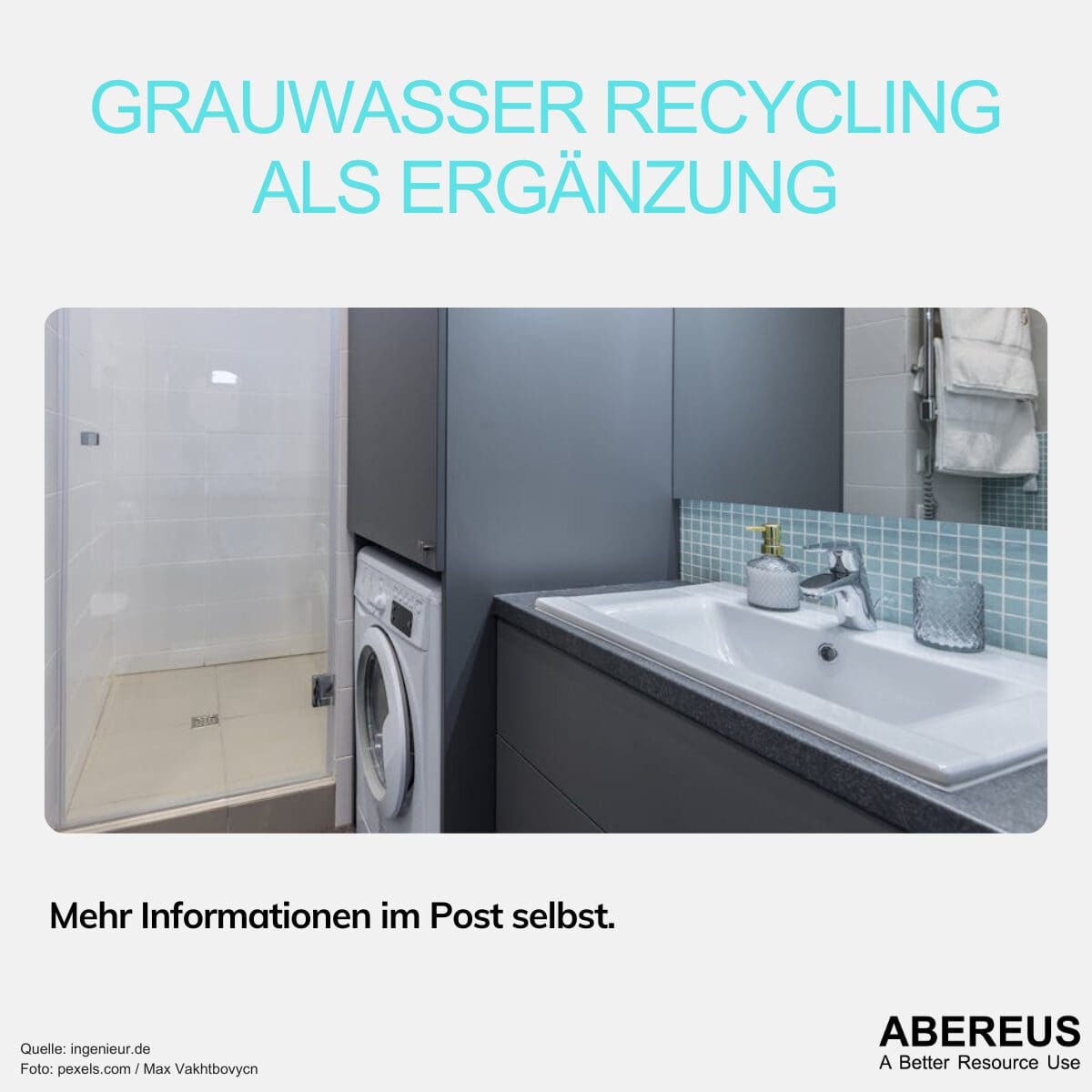UN: 2025 is the year of glacier

Date
In 2022, the Alps experienced the most significant glacial melt since records began. Average temperatures in the Alps rose significantly, with especially hot summer months leading to a rapid decline in ice masses. This glacial melt had far-reaching effects on the region’s rivers and water reservoirs, potentially leading to water shortages. Scientists warn that the glacier melt is a direct consequence of climate change and could worsen in the coming years. In recognition of this issue, the UN has declared 2025 is the year of the glacier.
The melting glaciers altered the water levels in rivers, threatening ecosystems and potentially disrupting water supply for agricultural and urban areas. A significant decline in glaciers also means that less meltwater is available during dry periods. This increases the risk of water shortages.
Additionally, the loss of glaciers impacts tourism in the region. The Alps, known for their stunning glacier landscapes, could lose their appeal. This would lead to economic consequences for communities dependent on tourism. Moreover, glaciers play a crucial role in the global climate system by reflecting sunlight and regulating global temperatures.
In summary, the glacier melt in the Alps highlights the urgent need to take action against climate change. This is necessary to protect natural resources and livelihoods in affected regions.
If you want to find out more about the climate change or dry toilets, get connected and join us for a better resource use.
Source: Klimawandel: Wenn das Eis der Gletscher nicht mehr ewig ist | tagesschau.de
Photo: https://www.pexels.com/de-de/foto/blaue-eisberge-unter-bewolktem-himmel-219837/



